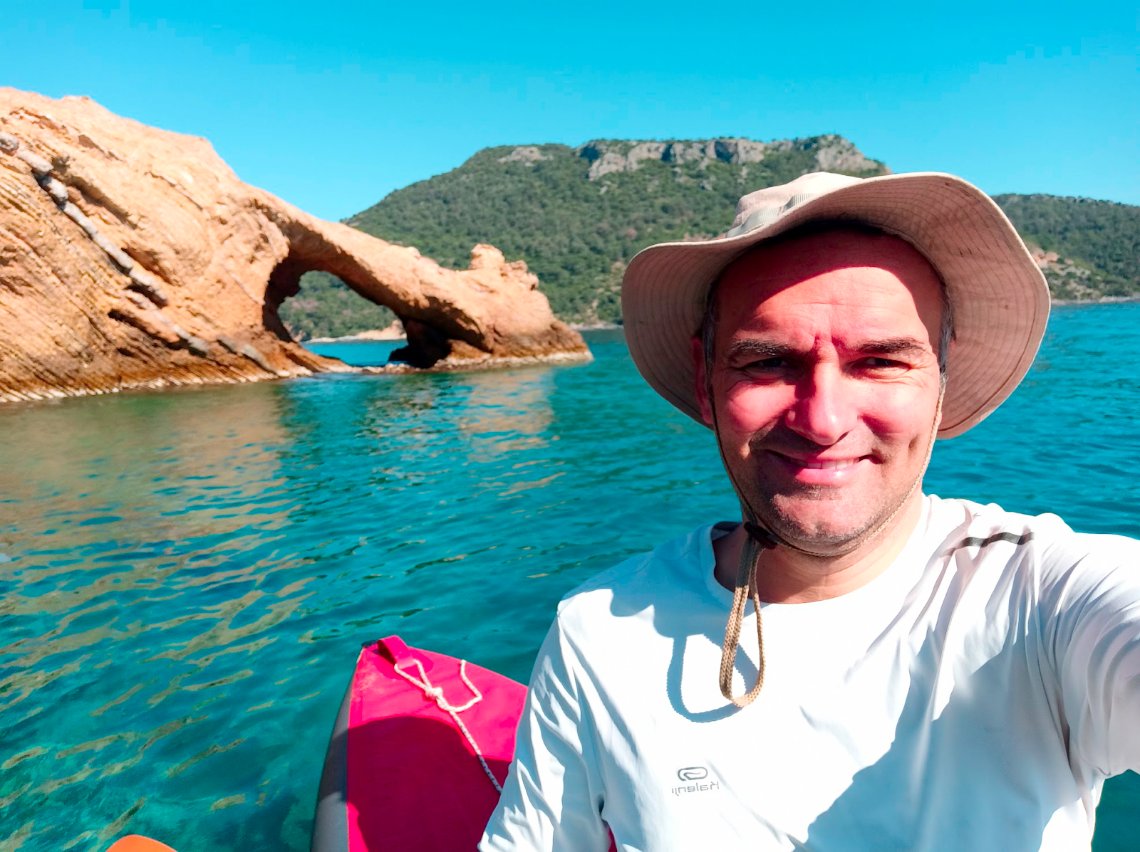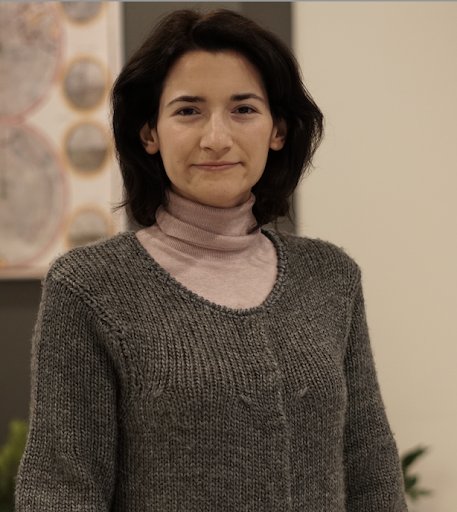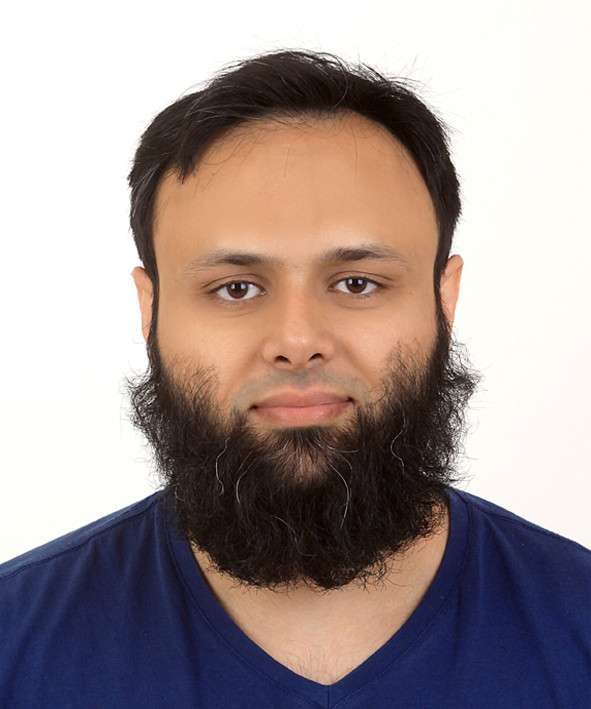

 |
Önder KüçükuralÖnder Küçükural is an assistant professor at the Alliance of Civilizations Institute, Ibn Haldun University. He received his PhD in Sabanci University, Political Science Program. He was a visiting researcher at the Prince Alwaleed bin Talal Center for Muslim- Christian Understanding (ACMCU) at Georgetown University in Washington, DC in 2011/12. He is one of the coauthors of books Yaşlılar ve Yaşlı Yakınları Açısından Yaşam Biçimi Tercihleri, [Lifestyle choices of the elderly from the elderly’s perspective and that of their relatives - 2004] Türkiye’de Dindarlık [Religiosity in Turkey - 2012], and “Türkiye’de spiritüel arayışlar” [Spiritual Seeking in Turkey - 2021]. He is the director of Munazara and Argumentation Ethics Research Center. Currently he is the primary investigator of two research projects "Non-Religious Beliefs and Practices in Turkey" and "Adab in Dialogue: Developing Argumentative Virtues in a Divided World". His research interest includes argumentation and reasoning, religiosity, discourse analysis, ecology and gender studies. He offers graduate level courses at Alliance of Civilisations Institute. |
Mehmet Ali ÜzelgünEmail: mehmet.uzelgun@ihu.edu.tr Mehmet Ali Üzelgün holds a PhD in Psychology (ISCTE-IUL, 2014). His interdisciplinary background crosses philosophy, communication sciences, and social psychology. Besides his work developed at the AguMunazara Research Center, he is also an associated researcher at the ArgLab, Nova Institute of Philosophy, Lisbon. His research focuses on public political controversies, especially concerning sustainability issues, to explore the argumentative strategies and discourse patterns employed in critical moments of social-institutional change. |
|
|
|
Rahmi OruçEmail: rahmioruc@ihu.edu.tr; soresoruc@gmail.com Rahmi is a lecturer in the Comparative Literature department at Istanbul's Ibn Haldun University. He recently defended his Ph.D. thesis entitled “What do we do with arguments?: Situating Munāẓara in contemporary argumentation scholarship”. He introduces Munāẓara as a contemporary argumentation theory that may complement and even serve as an alternative to existing theories. His interests include comparative literature, rhetoric, literary theory, digital humanities, and narratology. His overall research orientation is the reassessment of madrasa sciences for contemporary scholarship. |
|
|
Karim SadekEmail: karim.sadek@marmara.edu.tr After finishing his PhD in philosophy at Georgetown University, Karim held research and teaching positions in various institutions including the American University of Beirut, the Oxford Center for Islamic Studies, the Alliance of Civilization Institute, Boğaziçi University, Free University of Berlin, and University College Dublin. Since the Spring of 2021, he has been Assistant Professor at Marmara University, Department of Philosophy, Istanbul. His research lies at the intersection between critical social theory, democratic theory, and argumentation theory, and it constructively engages the Islamic tradition (specifically: Islamic political thought and Ādāb al-Baḥth wa al-Munāẓara). Key topics of concern include: authoritarian modes of reasoning, self-transformation, and the ability to be inclusive in socio-political as well as ecological contexts. |
 |
Merve AktarMerve Aktar earned her PhD in English from the University of Southern California. As a doctoral student, she taught core curriculum academic writing and critical reasoning courses, and worked as a writing consultant at the Viterbi Academic Resources Center. Since 2018, Merve has been Assistant Professor in the IHU Comparative Literature Department. She is one of the founding members of the Munazara and Argumentation Ethics Research Center, and is currently involved in two Center-related projects. She is the principal investigator of “Young People's COVID-19 Narratives from an Argumentative Perspective, and Normative Implications,” and is a researcher in “Adab in Dialogue: Developing Argumentative Virtues in a Divided World.” Merve’s research areas are mainly English literatures between 1580 - 1850, cognitive literary criticism, and virtue argumentation. |
|
|
Recep ŞentürkDr. Recep Şentürk currently serves as a professor of sociology at Ibn Haldun University. He was the founding president of Ibn Haldun University (IHU) in Istanbul (2017-2021). After graduating from The School of Islamic Studies at Marmara University, he did his MA in Sociology at Istanbul University. He pursued his PhD in Sociology at Columbia University, New York. He served as a researcher at The Center for Islamic Studies (İSAM) in Istanbul, and the founding director of the Alliance of Civilizations Institute. He is head of the International Ibn Haldun Society. He has published widely in English, Arabic and Turkish on a whole range of topics, including social theory and methods, civilization, modernization, sociology of religion, networks of ḥadīth transmission, Malcolm X, Islam and human rights, modern Turkish thought, and the life and ideas of Ibn Khaldūn. Among his books are: Narrative Social Structure: Hadith Transmission Network 610-1505; Malcolm X: The Struggle for Human Rights, and in Turkish; Open Civilization: Towards a Multi- Civilizational Society and World; Islam and Human Rights; Ibn Khaldun: Contemporary Readings; Malcolm X: Struggle for Human Rights; Social Memory: Hadith Transmission Network 610-1505. Şentürk’s works have been translated to Arabic, Japanese and Spanish. |
 |
Danish NaeemEmail: danish.naeem@gmail.com Danish Naeem recently earned his PhD from the Alliance of Civilizations Institute at Ibn Haldun University. His thesis was titled, "Improvement or Degeneration of Fiqh? A Critical study of the Majalla." He was the co-leader for the John Templeton Project titled, "Islamic Thought and its Implications for Current Sociological Inquiry: A Multiplex Approach" under Prof. Recep Senturk. His interests are in jurisprudence, comparative law, fiqh, argumentation and philosophy. |
Maria Taiai |
|
Halima Bensaid |
|
El Mehdi Idrissi Guenouni |